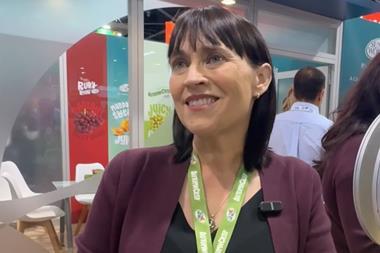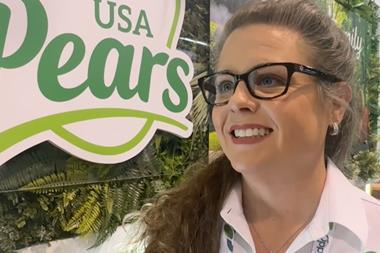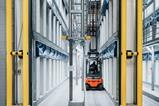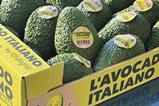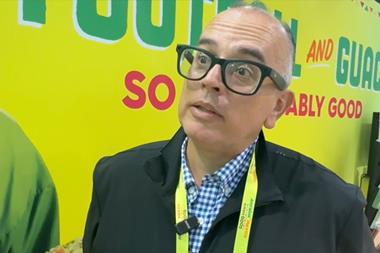Sekoya’s new blueberry dispenser, first unveiled at Asia Fruit Logistica in Hong Kong, was on display at Fruit Attraction in Madrid in early October. For the company’s value chain and retail manager, Hans Liekens, it was an excellent opportunity to demonstrate how useful such a machine might be for owners of cafes and small grocery stores, as well as the more mainstream supermarket operators.
“Customers who have a cafe or a snack bar might be really interested because it means they can offer a healthy snack,” he explains. “The nice thing about these chains is they sell at a fixed price all year round. This means growers can make a fixed price with them.”
According to Sekoya, the potential market outside of mainstream retail is bigger than many might appreciate. “You know, 40 per cent of the market is outside of retail,” he says. “So it’s a big chunk we do not cover with blueberries today. Imagine if we can tap into that market with snacking.”
That’s not to say the supermarkets themselves won’t be interested, he adds. “I think more and more you have cafes in supermarkets, and they love [the concept]. I have a UK customer who wants to have it as a UK exclusive for the their in-store coffee chain.”
Liekens believes the dispenser’s flexibility in terms of what the blueberries are dropped into – cup, punnet, bag, etc – is one of its strong points. “The reason we invented it was to avoid plastic in the supermarket,” he notes. “That was the basic reason, the European pressure of avoiding single plastics.”
But the opportunity is much bigger than serving supermarkets without plastic, he continues. “We developed a system so adaptive that every supermarket can use the packaging they want to use in their sustainability programme. McDonald’s is going completely to reusable, so it can use reusable cups. Ikea is going to compostable, so it can use compostable cups. If you see another supermarket chain is going to recyclable, it can use a plastic PET cup, which is 100 per cent recyclable and made from recycled plastic. So it’s very flexible, and every supermarket can adapt it to their sustainability agenda.”





